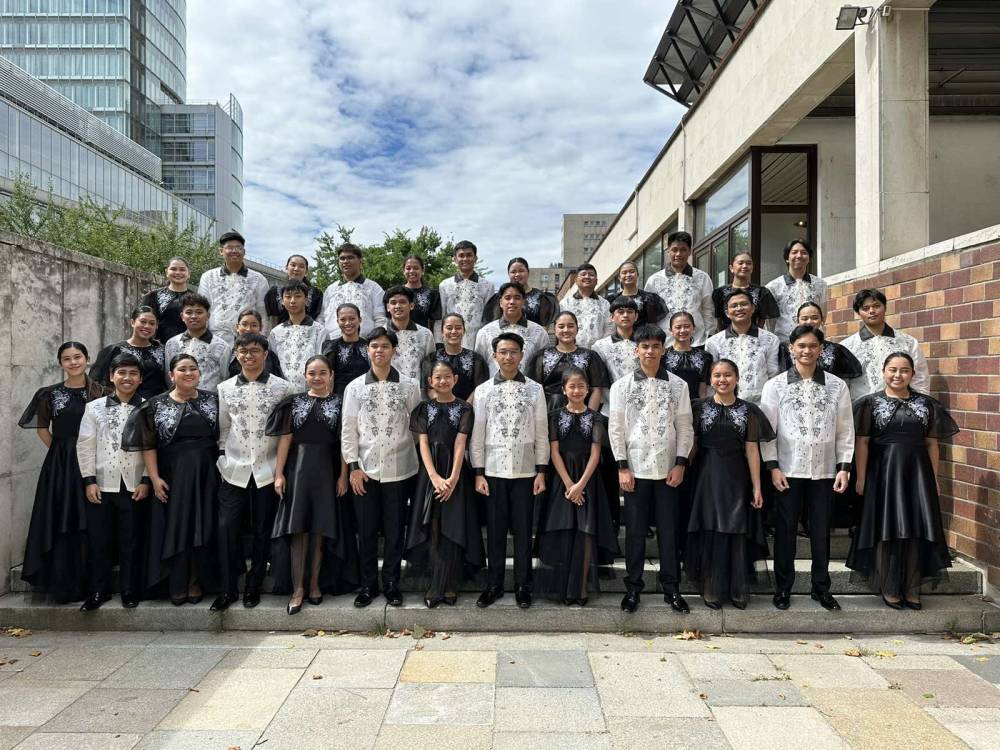Jan. 15—Feast of the Santo Niño. Readings: Is. 9: 1-6; Ps. 97, Response: The Lord is king; let the many isles be glad. Eph. 1: 3-6, 15-18; Gospel—Matthew 18, 1-5, 10Every third Sunday of January, the Holy See has given the Philippine Church a special privilege to celebrate the Feast of the Santo Niño, the oldest and one of the most popular devotions of our church.
This year, I would like to invite you to reflect on our Philippine situation, especially with regard to how we care for our children, from the perspective of the feast and the Gospel for today.
Three points from the Gospel are our starting point for reflection. First, the question of and the response to who is the greatest in the Kingdom of God. Second, Jesus as standing in close solidarity with the children. Third, the call to ensure opportunities for children to attain their full human potential.
When the disciples of Jesus asked who is the greatest in the Kingdom of Heaven (cf. today’s Gospel, Matthew 18, 1-5, 10), it gives us an inkling that the question was made from the perspective of worldly greatness.
Jesus then seizes the opportunity to teach them and shift the paradigm radically. “Truly I tell you, unless you change and become like little children, you will never enter the kingdom of heaven. Therefore, whoever takes the lowly position of this child is the greatest in the Kingdom of Heaven.”
He radically reorients the meaning of greatness that is rooted in the values of the Kingdom of Heaven—humility, trust, a graced dependence on God as well as one another.
Greatness in lowliness
This is not just an ordinary question-and-answer moment, but in a sense it is a moment when Jesus lays out one of the key elements of the roadmap of the church, i.e., the building of the Kingdom of Heaven in our midst beginning with our own conversion—greatness in lowliness.
How much have we opened ourselves to this conversion, especially our leaders in our communities, since the radical conversion is within the specific context of the community? Are we, as a community, both leaders and the members/followers, aligned with this process of conversion?
“And whoever welcomes one such child in my name welcomes me.” This brings us to our second point for reflection. Here Jesus identifies himself, stands in solidarity with the children.
How have we, individually and as a community, identified with and stood in solidarity with the children, the youth of our community, our society?
Nelson Mandela said, “There can be no keener observation of a nation’s soul than the way it treats its children.”
Let me highlight one issue for us to reflect on, human trafficking. According to anti-human trafficking advocates, we are globally one of the centers of child exploitation linked to sex videos. There is also a problem of child labor, especially in highly urbanized areas. This is an offshoot of poverty.
Addressing root cause
In one of the projects we have in Magna Anima Teachers College and The Conscience Collective, we are developing a Medial Literacy Program for the youth, and in the process we realized we needed to include the parents.
We discovered how many of the parents do not realize or know that many online engagements of their children can lead to or are actually human trafficking.
What does this say about our soul? If I may add, what are doing to address the root cause of this problem, i.e., poverty and the hopelessness and helplessness it brings?
The image that comes back to me is from 2015, during the visit of Pope Francis at the University of Santo Tomas, when a young girl asks him why children are victims of the evils of society—drugs, sexual exploitation, etc.—and she breaks down.
The Pope responds by standing up and hugging the young girl.
Addressing the root of the problem—poverty and the hopelessness and helplessness it brings—I am convinced that one of the best paths out of poverty and onto a viable and sustainable path towards genuine long-term development is a good education, formation and training system for the youth.
I will not belabor the state of our education. Enough said about this. Let us get down to possible concrete action.
At risk of being accused of self-promoting, I would like end with a brief sharing on our work at Caritas Philippines’ Alay Kapwa program. Our Alay Kapwa Community Schools cater to out-of-school youth and young adults.
I am always moved when I hear the stories of our learners. There are, according to official statistics from more than three years ago, over 20 million Filipinos who did not finish basic education. A big majority are youth and young adults.
Our learners, now numbering close to 100, express so much hope by seeing this opportunity for them to go back to school and hopefully gain better employment opportunities.
“See that you do not despise one of these little ones. For I tell you that their angels in heaven always see the face of my Father in heaven.”
This is a reminder, a call from Jesus for us to promote the welfare of our youth such as these learners.













































